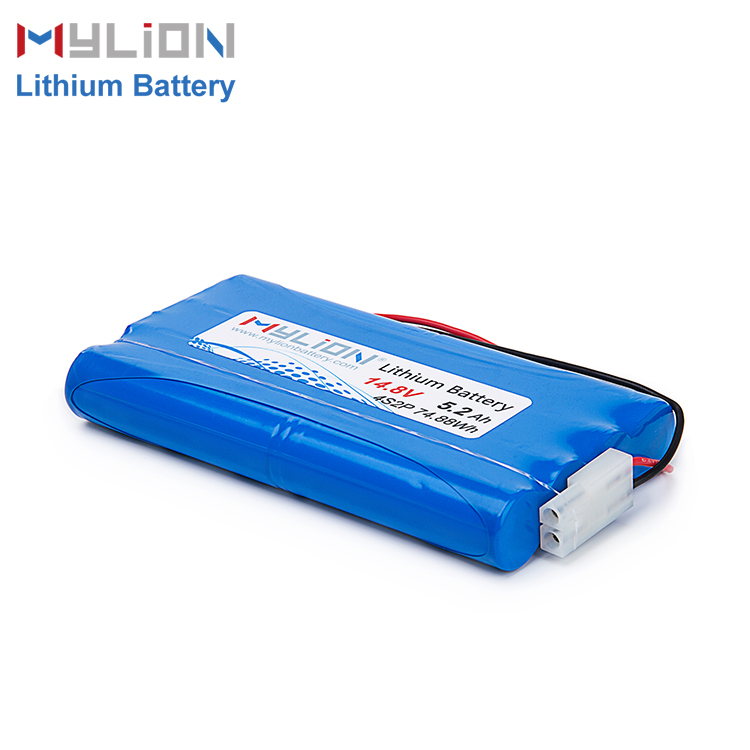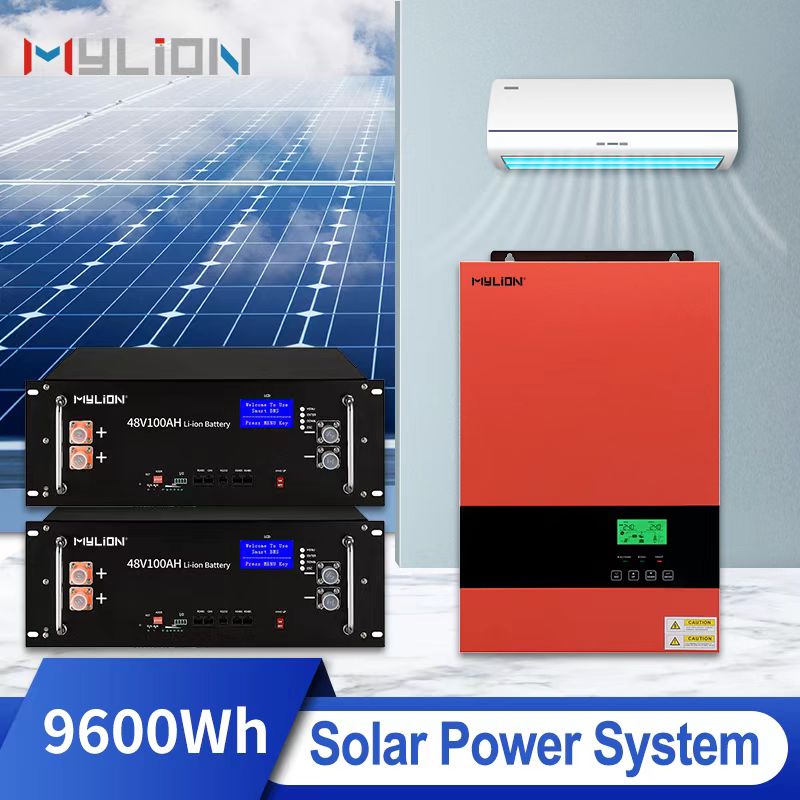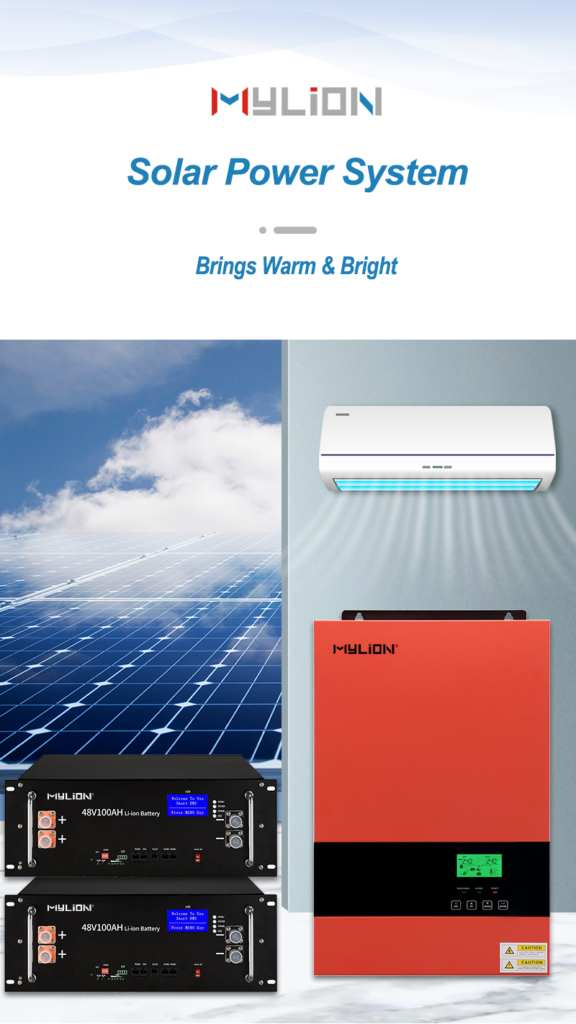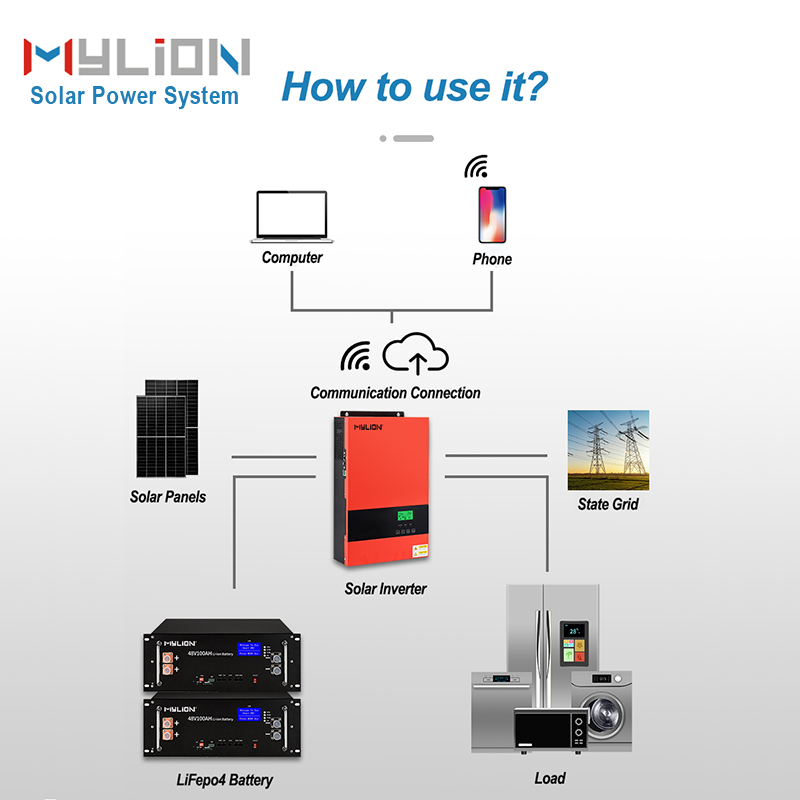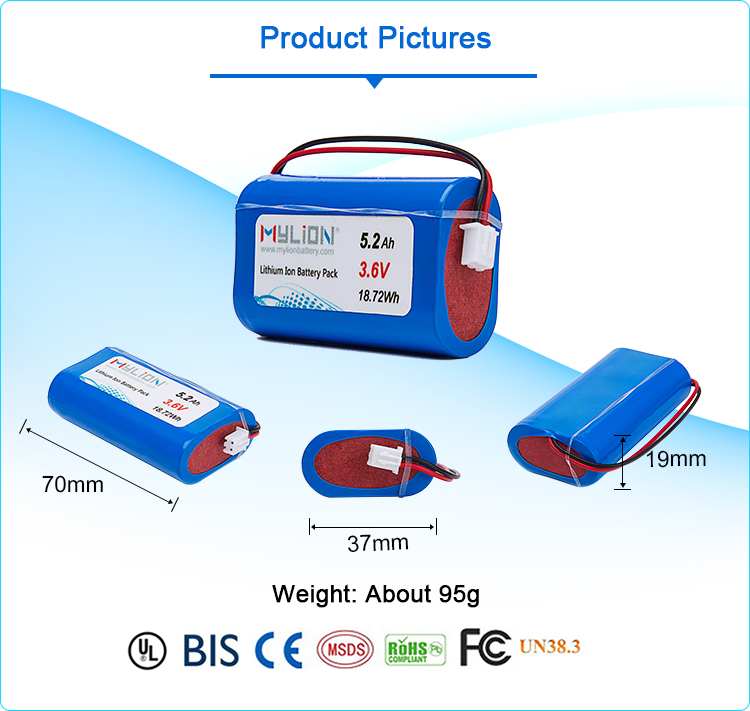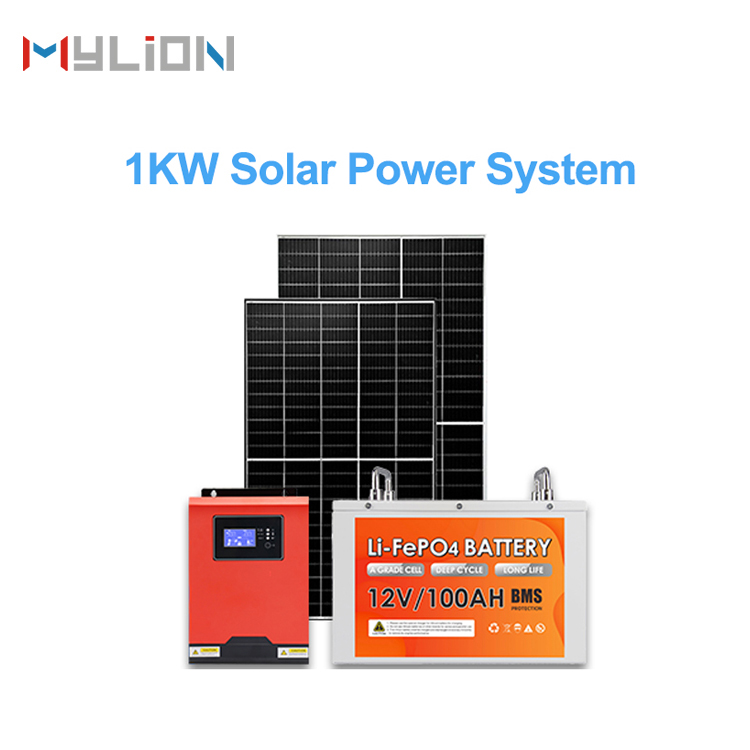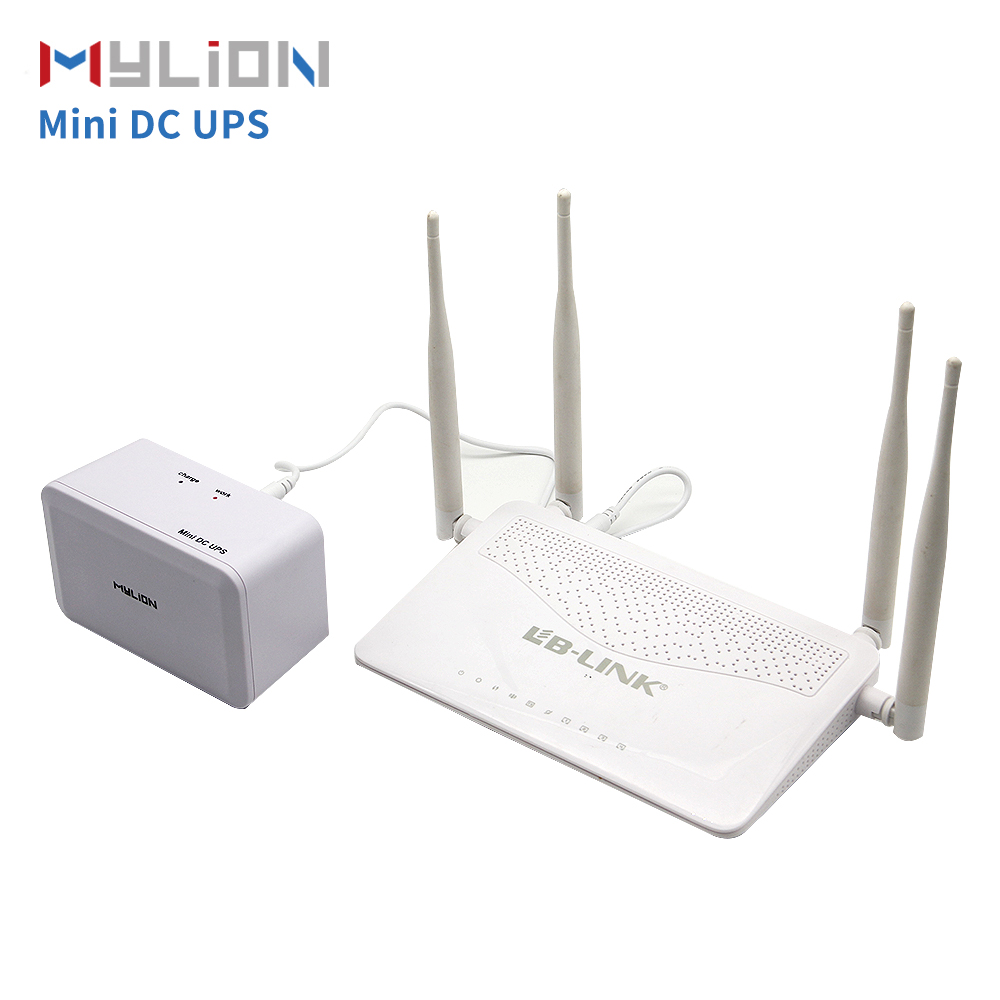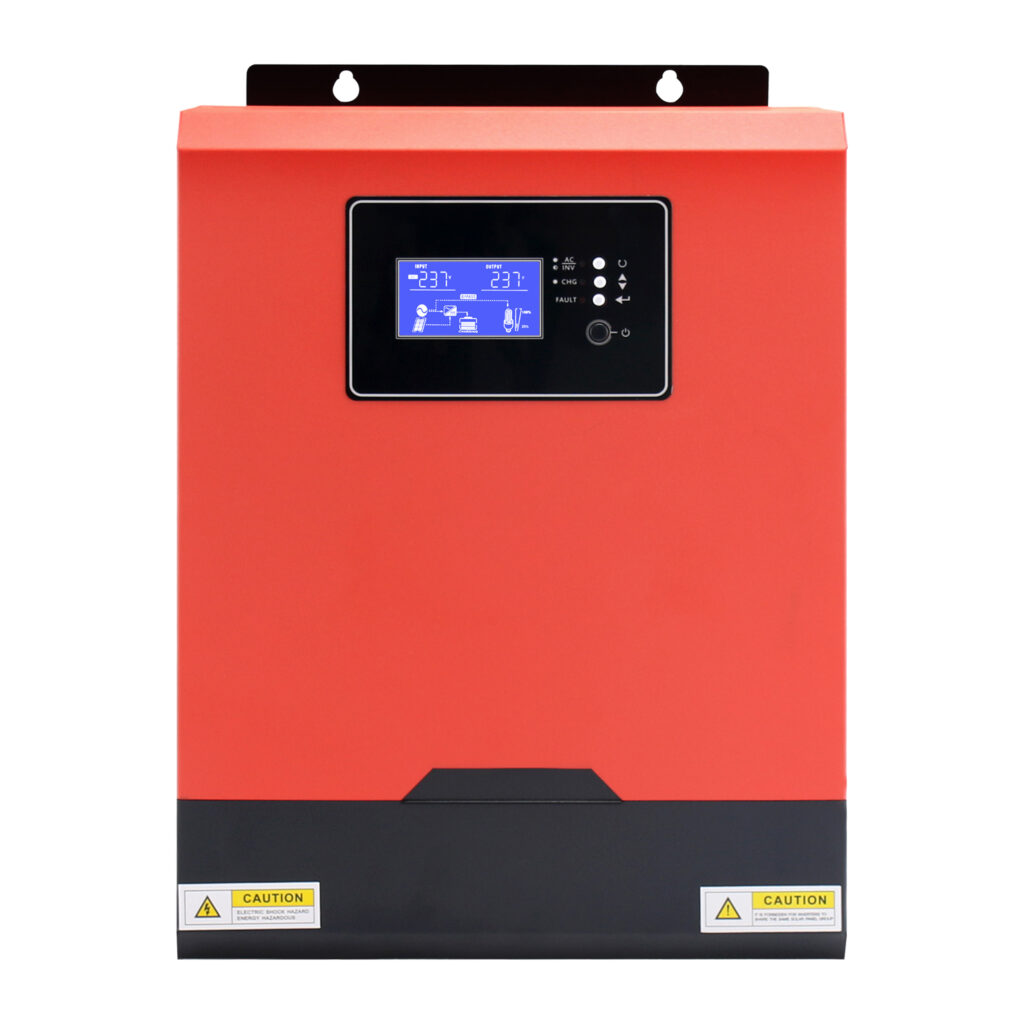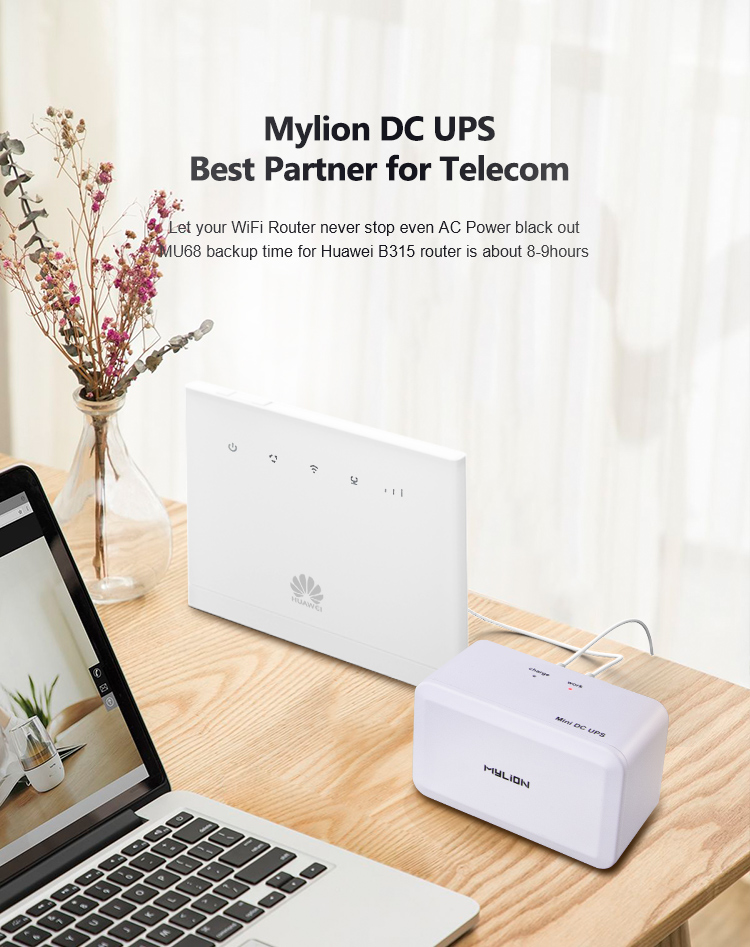No littering! How to deal with used リチウム電池? Do you know its recycling process?
With the rapid popularization of electric vehicles and the rapid development of electronic products, the market demand for lithium batteries has increased significantly, and the waste lithium batteries will also pose a threat to social and environmental problems. Therefore, the harmless treatment of waste lithium batteries and the effective recovery of rare metals such as copper, aluminum, aluminum, and lithium have gradually become the focus of research at home and abroad. Waste lithium battery recycling and processing equipment recycling waste lithium battery cathode and anode materials, and the direct regeneration of cathode materials will become the future development trend of lithium battery treatment. The lithium-ion battery cathode material contains up to 45%-50% cobalt. The new lithium-ion battery processing equipment utilizes the resources of the lithium-ion battery cathode material, which not only protects the environment, but also has obvious economic benefits. Shell processing According to different customized standards, the raw materials such as soft bags, hard shells, cylindrical shells, aluminum shells and other materials of waste lithium batteries are roughly crushed, and the shell sorting meets the standards. Using the automatic conveying and connection process controlled by PLC frequency conversion technology, a comprehensive control and monitoring system can be established to detect the operation of the waste lithium-ion battery sorting and recycling equipment, and meet the standards. The process flow of waste lithium battery recycling equipment is generally divided into the following steps (1) The waste lithium battery should be transported to the shredder or crusher first by the automatic feeding device (the charged lithium battery is directly processed, and the process is operated in an oxygen-depleted state); (2) When the waste lithium battery is crushed, the electrolyte will volatilize accordingly, so that the metal shell, diaphragm, and positive and negative plates of the lithium battery are fully decomposed; (3) The shredded lithium battery is sent to the negative pressure air separation equipment through the conveyor, and the plastic film in the lithium battery is sorted; (4) In addition to the plastic film, other mixtures enter the anaerobic cracking system for thermal cracking treatment; (5) After the cracking, the mixed material is cooled, and the copper, aluminum and stainless steel are sorted out through the magnetic wind comprehensive air separation technology process; (6) The whole process is operated under negative pressure; the dust generated in the process is processed by the pulse dust collector. The process flow of waste lithium battery recycling equipment can recycle and reuse used and decommissioned lithium batteries. Through the technical process of waste lithium battery recycling equipment, waste lithium batteries can be sorted into high-purity copper, aluminum, pole powder, etc. Reusable materials, which can be recycled and reused. At present, the development of new energy vehicles is in full swing, and many automobile manufacturing companies have announced that they will stop producing fuel vehicles. General Motors announced in early 2021 that it plans to stop selling gasoline-powered vehicles by 2035. German automaker Audi aims to stop producing gasoline-powered cars by 2033, and other big car companies have followed suit. According to Bloomberg Finance, by 2040, two-thirds of the world’s passenger cars will be electric. Due to the advancement of battery power storage technology, the battery power storage system of the global power grid is also developing rapidly. The significance of recycling waste lithium-ion batteries: This means that in the future, new energy vehicles will accelerate into the era of new energy power, new energy technologies will continue to promote changes in the automotive industry, and lithium battery recycling devices will continue to promote waste lithium Battery recycling cycle. devices will continue to promote waste lithium Battery recycling cycle.
No littering! How to deal with used リチウム電池? Do you know its recycling process? 続きを読む "

